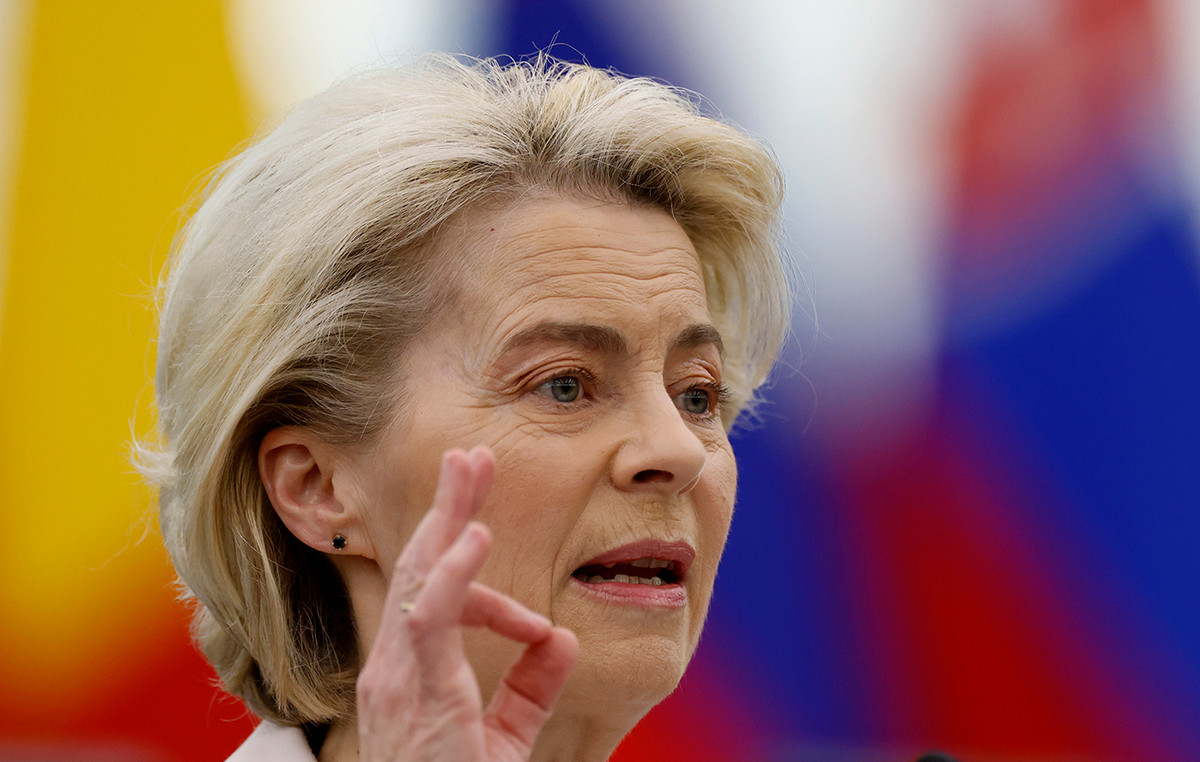By Dimitris Katsaganis
Changes in the overall landscape of the salary map of the country are brought by the impending, from May 1, 2022 increase of the gross minimum wage by 7.5%, according to the announcements of the Prime Minister Mr. Kyriakos Mitsotakis on Wednesday.
And this for two reasons, as labor market analysts point out in capital.gr:
1. The first reason is how The range of private sector employees, who are paid the minimum wage and are therefore influenced by the relevant government decision, is significantly expanded.
As shown in the data of the “Ergani” system for 2021, with a gross salary of up to 800 euros, 1,021,728 employees are paid out of a total of 2,163,610 in the private sector. With a salary of up to 700 euros, 736,362 are paid, while with a salary of 701-800 euros, 285,366 are paid. In the range of 701-800 euros belong not only those who had secured a three-year allowance since February 2012, but also other categories who had an individual or collective employment contract above the gross minimum wage of 663 euros.
Therefore, according to the same sources, it is very likely that the majority of those who are paid by April based on the gross minimum wage of 663 euros (whether they receive a three-year allowance or not) will be affected. If so, then potentially up to 1 in 2 private sector employees is positively affected by the 7.5% increase that will take effect from May 1, 2022.
2. The second reason is the recent announcement of an increase in the minimum wage changes the payroll is how the margins of collective or individual bargaining of employees (who are paid above the minimum) – employers around the salary are restructured. This is because all the relevant negotiations are based on the minimum wage and lead if they result positively in a higher wage.
As it increases for the 3rd consecutive time after 2019, after a long period of freezing and decreasing (1st / 2nd / 2019 increased 11%, 1st / 1st / 2022 increased 2% and 1st / 5th / 2022 will increase 7.5%) , while the law provides for a new adjustment (welcome, positive) in 2023 etc.
This means that in one sense, according to analyst estimates, the pressure of a portion of employees who are paid above the minimum wage for increases through sectoral or business or individual negotiations could be reduced. This is because, according to the same view, the state itself, by constantly deciding on increases in the minimum wage, increases the scope of the influence of these increases as it constantly concerns more scales and thus “does not need” further adjustments for employees (at least for those paid). with up to 900 euros -950 euros) with a salary higher than the minimum. Moreover, according to the same analysts, in order for some companies to cope with the cost of increasing (salary-insurance) of those employees who are paid the minimum wage, it would be difficult to increase the wages of those who have a salary higher than the minimum.
There is, however, the other view, that the continuous increases of the minimum wage by government decisions are a “motivation” for increases in others as well. However, Mr. Mitsotakis himself stated that the new increase in the minimum wage is a “call to employers to move accordingly to the other categories of employees.”
Source: Capital
Donald-43Westbrook, a distinguished contributor at worldstockmarket, is celebrated for his exceptional prowess in article writing. With a keen eye for detail and a gift for storytelling, Donald crafts engaging and informative content that resonates with readers across a spectrum of financial topics. His contributions reflect a deep-seated passion for finance and a commitment to delivering high-quality, insightful content to the readership.







